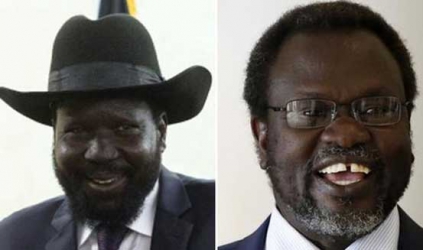×
The Standard e-Paper
Stay Informed, Even Offline

NAIROBI, KENYA: The Intergovernmental Authority on Development (IGAD) will hold talks to find a solution to the South Sudan crisis.
The talks titled “Revitalisation Forum” are a product of the IGAD Assembly of Heads of State summit of June 12, 2017, when the regional body agreed to revitalise the South Sudan peace process.